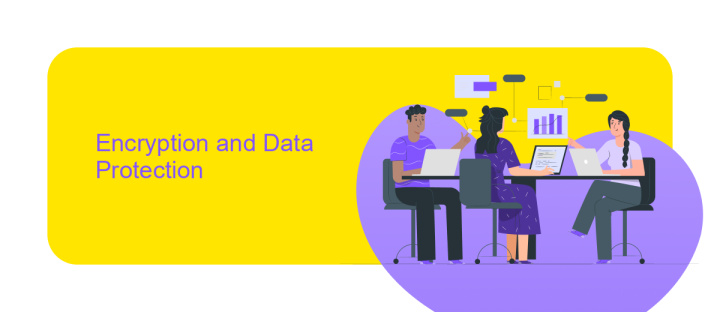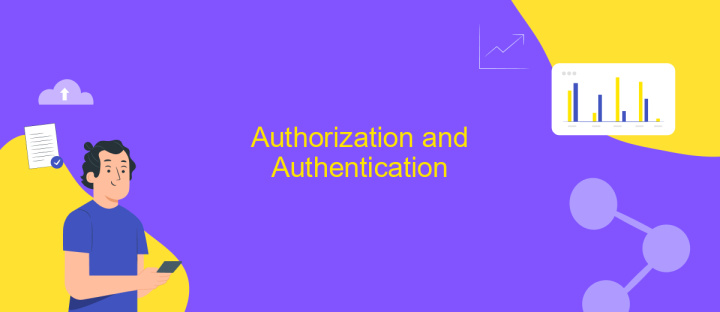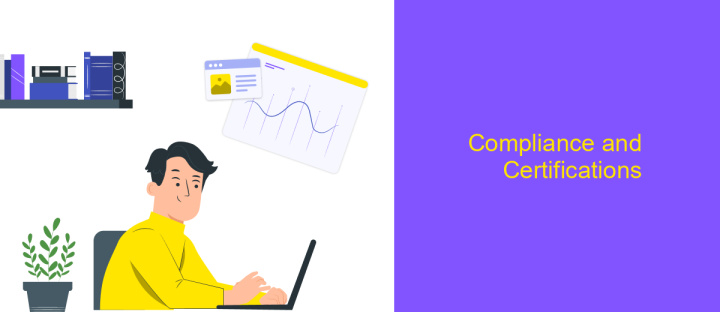Is API Connector Safe
When integrating third-party services, ensuring the safety of data and operations is paramount. An API connector serves as a bridge between applications, facilitating seamless data exchange. However, concerns about security and data privacy often arise. This article explores the safety of using API connectors, examining potential risks and the measures in place to protect sensitive information, helping you make informed decisions for your business.
API Connector Security Features
API Connector tools are designed with robust security features to ensure the safe transmission and handling of data. These features play a crucial role in maintaining data integrity and protecting sensitive information from unauthorized access. By implementing industry-standard security protocols, API Connectors provide a secure environment for data exchange.
- Encryption: Data is encrypted both in transit and at rest, ensuring that sensitive information remains confidential.
- Authentication: API Connectors use strong authentication mechanisms, such as OAuth and API keys, to verify the identity of users and applications.
- Access Control: Granular access control policies allow administrators to define who can access specific APIs and what actions they can perform.
- Logging and Monitoring: Continuous logging and monitoring help detect and respond to suspicious activities in real-time.
- Rate Limiting: To prevent abuse and ensure fair usage, rate limiting is implemented to control the number of API requests.
These security features collectively ensure that API Connectors are safe and reliable tools for integrating various applications and services. By prioritizing security, organizations can confidently leverage API Connectors to streamline operations and enhance productivity without compromising data safety.
Encryption and Data Protection

When considering the safety of an API connector, encryption and data protection are paramount. Modern API connectors employ robust encryption protocols such as TLS (Transport Layer Security) to safeguard data in transit. This ensures that any information exchanged between systems remains confidential and secure from interception by unauthorized parties. Furthermore, data at rest is often protected using advanced encryption standards (AES), which encrypts stored data, providing an additional layer of security against breaches.
Additionally, services like ApiX-Drive prioritize data protection by offering secure integration options. ApiX-Drive facilitates seamless and secure data exchange between applications, ensuring that sensitive information is handled with care. The platform's compliance with industry standards and regulations, such as GDPR, further enhances its commitment to data security. By using such services, businesses can confidently integrate their systems, knowing that their data is encrypted and protected throughout the process. Thus, encryption and data protection are critical components in maintaining the safety and integrity of API connectors.
Authorization and Authentication

When using API Connector, ensuring robust authorization and authentication is paramount to safeguarding data and maintaining security. Authorization determines what resources a user can access, while authentication verifies the user's identity. In the context of API Connector, these processes are crucial for controlling access to sensitive data and ensuring that only authorized users can interact with the API.
- Implement OAuth 2.0: This authorization framework allows third-party applications to access user data without exposing login credentials. It's widely recognized for its security and efficiency.
- Use API keys: Assign unique keys to users or applications, ensuring that each request can be traced back to its source. This helps in monitoring usage and detecting anomalies.
- Enable two-factor authentication (2FA): Add an extra layer of security by requiring a second form of verification, such as a text message or an authentication app, to access the API.
By integrating these measures, API Connector can enhance its security posture, providing users with confidence that their data is protected. Regularly updating these protocols and educating users about best practices further strengthens the security framework, ensuring a safe and reliable API experience.
Compliance and Certifications

Ensuring the safety and reliability of API Connector involves adherence to industry standards and obtaining relevant certifications. Compliance with these standards guarantees that the product meets the necessary legal and security requirements, providing users with peace of mind.
API Connector is designed to align with global data protection regulations, such as GDPR and CCPA, which ensure the protection of personal data and user privacy. These regulations mandate strict guidelines on data handling, storage, and processing, which the API Connector strictly follows.
- ISO 27001: This certification demonstrates that API Connector has implemented a robust information security management system.
- SOC 2 Type II: This certification assures that API Connector meets the highest standards for data security, availability, processing integrity, confidentiality, and privacy.
- PCI DSS Compliance: Ensures that API Connector handles payment information securely, protecting against fraud and data breaches.
By achieving these certifications, API Connector not only reinforces its commitment to security and compliance but also builds trust with its users. Continuous monitoring and regular audits are conducted to maintain these standards, ensuring that API Connector remains a secure and reliable choice for businesses worldwide.
Best Practices for Secure API Connector Implementation
When implementing a secure API connector, it is crucial to prioritize data protection and access control. Begin by using strong authentication methods, such as OAuth 2.0, to ensure that only authorized users can access the API. Additionally, always use HTTPS to encrypt data in transit, preventing interception by malicious actors. Regularly update and patch your API software to protect against known vulnerabilities, and conduct security audits to identify potential risks.
Furthermore, consider using services like ApiX-Drive to streamline and secure your API integrations. ApiX-Drive offers robust tools to manage and automate data flows between different applications, reducing the risk of human error. Implement rate limiting and monitoring to detect unusual activity and prevent abuse. Finally, ensure that your API connector has detailed logging and alerting mechanisms to quickly respond to security incidents. By following these best practices, you can safeguard your API connections and protect sensitive information effectively.
FAQ
Is using an API connector safe for my data?
How can I ensure the security of my API integrations?
What should I look for in a secure API connector service?
Can API connectors expose my system to vulnerabilities?
How does ApiX-Drive ensure the safety of integrations?
Apix-Drive is a universal tool that will quickly streamline any workflow, freeing you from routine and possible financial losses. Try ApiX-Drive in action and see how useful it is for you personally. In the meantime, when you are setting up connections between systems, think about where you are investing your free time, because now you will have much more of it.

